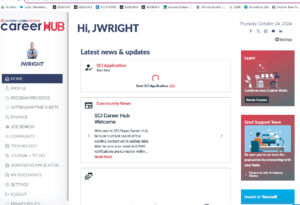Work ethic is one of the driving factors in workplace productivity. There are three key reasons why work ethic is important. First, it is highly desired by employers worldwide.
In fact, research shows that a good work ethic is the number one soft skill sought by employers. For this reason, many interviewers will ask you to describe your ethics regarding work to assess your ability to fulfill your job responsibilities.
Having this soft skill is linked to improved performance and a greater likelihood for career advancement – both of which are essential to your level of satisfaction with your job.
Below are some examples of good and bad work ethics, along with the steps you can take to improve your work ethic.
What Constitutes A Good Work Ethic?
A good work ethic is a worker\’s commitment to honoring their employment agreement by performing job duties to the best of their ability. An employee with one is dedicated to helping their employer achieve company goals.
They accomplish this by working the hours outlined in their job contract in a professional manner. Here is a look at some of the key traits that define a good ethics around work:
- Dependability
- Integrity
- Honesty
- Professionalism
- A goal-oriented approach
- Dedication
- Intrinsically virtuous
- Determination
In addition to possessing these traits, employees with a positive ethic will hold themselves accountable for any mistakes they make or problems they cause.
They also strive to do the right thing when a challenging situation arises. In particular, these types of people strive to do what is right and acceptable versus what is wrong and underhanded.
What Are The Benefits Of A Strong Work Ethic?
A strong ethic offers a host of advantages to employees. From outstanding results to a brighter career path, the benefits of developing a strong work ethic are numerous for an employee. Here are just a few of them:
- Improved job performance: Individuals are more apt to complete tasks accurately and on time.
- Higher job satisfaction: Employees are more likely to be take pride in their work and to feel valuable in their roles.
- Career advancement: People with this skill are more likely to be promoted or receive a raise.
Clearly, these benefits have the potential to be difference makers for employees. But have you ever asked yourself the question, \”Why do employers prefer to hire people with a strong work ethic?\” This list of benefits for employers is just as enticing:
- Increased employee retention: Employees who feel valued and are able to advance in their careers are more likely to stay with a company.
- Enhanced industry reputation: Companies that employ professionals with a strong work ethic are often models of industry excellence.
What Are Some Types Of Workplace Ethics?
The path to improved work ethics begins with a keen understanding of the various types of workplace ethics.
The scope of workplace ethics is far-reaching, and no two situations will be exactly alike. However, most situations will typically fall into one of these workplace ethics categories:
- Business ethics, which includes issues surrounding contractual agreements, advertising practices, and product quality.
- Employer ethics, which encompasses hiring practices, fair treatment of employees, and development of employee guidelines.
- Sexual harassment ethics, which includes issues stemming from unwanted sexual advances and discrimination based on gender.
- Diversity ethics, which involves situations related to race, religion, and cultural differences.
Ideally, employers should cover ethical standards and examples of violations during onboarding and employee training.
However, employees who are unsure about workplace ethics should seek clarification and guidance from their compliance officer or human resources manager.
What Is A Bad Work Ethic?
A bad work ethic can be extremely damaging to your reputation and may prevent you from landing the job of your dreams. In a nutshell, its a main work habit that leads to poor productivity and results.
In many cases, one employee\’s bad habit can result in added stress for other employees who must continually work overtime to make up for inaccurate or unfinished work. Here are some habits that combine to constitute a negative work ethic:
- Poor attendance, including repeated absences, leisurely lunches, and early departures
- Procrastination, or continually waiting until the last minute to begin an important project or complete a task
- Wasting time, or spending excessive time engaging in office gossip, surfing the internet, or tending to personal issues
- Refusal to participate in work activities or to engage with fellow team members
In addition to exhibiting these habits, people with a bad work ethic may lie, attempt to cover up mistakes, and rarely stop to think about the impact that their behaviors may have on their co-workers and others around them. They are often viewed as unprofessional and unreliable, which can limit their ability to advance in their careers.
How Can You Improve Your Work Ethic?
As outlined above, a good ethic is an incredibly powerful tool for a job seeker. But even people with an incredible degree of skill can improve in this area. Here are some ways you can proactively improve:
- Make work ethics and professionalism top priorities in the workplace
- Participate in any and all ethics training seminars provided by your employer or educational institution
- Always ask for clarification if you do not understand concepts
Once you are regularly following these steps, you can take your commitment to the next level by enrolling in a training program that emphasizes the importance of work ethics.
The single best way to achieve this goal is to reach out to Southern Careers Institute (SCI) to explore the latest education and training programs in your field of choice.
An SCI adviser can review program options with you and help you choose the path that best fits with your needs and schedule. We can also help you get your foot in the door so that you can land your dream job.
To ignite your passion for change and desire to improve your work ethic, apply online with SCI today. We look forward to helping you develop a winning work ethic!
Sources
https://www.careerbuilder.com/share/aboutus/pressreleasesdetail.aspx
https://www.allaboutphilosophy.org/what-are-work-ethics-faq.htm
https://smallbusiness.chron.com/negative-work-ethic-definition-10235.html
https://bizfluent.com/list-6691598-types-workplace-ethics.html
Blog Disclaimer: Information stated in this blog is for general information purposes only. SCITexas.edu not assume or guarantee income earning potential or salary expectations based on the programs offered at Southern Careers Institute.












